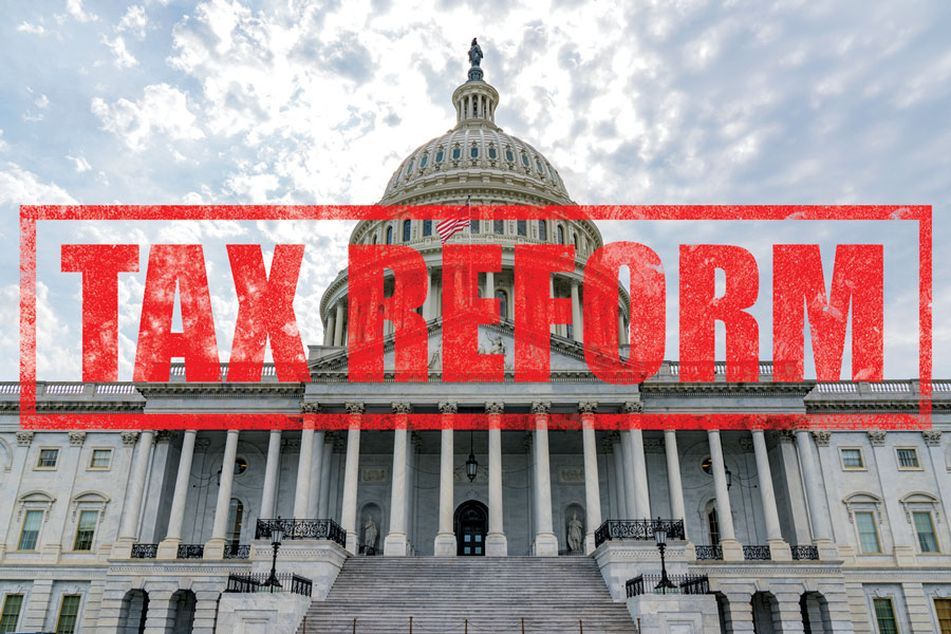Taking advantage of opportunity zone investments for tax breaks requires high risk tolerance

Advisers say people most likely to participate also meet the income and net-worth thresholds to qualify as accredited investors.
A federal program designed to encourage capital injections into economically distressed areas could be a good option for investors sitting on a lot of capital gains and possessing high risk tolerance, according to advisers and other experts.
Last Friday, the IRS released proposed regulations for a so-called opportunity zone tax incentive. Under the measure, investors can defer almost any capital gain until the end of 2026 if they invest it in a fund that targets a project in one of 8,761 communities designated in all 50 states, the District of Columbia and five territories.
Investors who maintain an opportunity zone investment for five years would get a 10% reduction in the deferred capital gains; they would get a 15% reduction if they hold the investment for seven years. If they stick with the investment for 10 years, they do not have to pay capital gains taxes on any returns they receive from the opportunity zone.
Matt Chancey, investment adviser at ClaraPhi Advisory Network, is enthusiastic about the possibilities of what he terms “defer, reduce and eliminate.”
“I would argue that it’s a great idea — maybe the best tax-based legislation that has passed in a lifetime,” said Mr. Chancey, who does due diligence on alternative investments for his firm. “There are estimates that over $6 trillion of assets will flow into qualified opportunity zones. The key will be finding the right investment.”
Marc Schultz, partner at law firm Snell & Wilmer, said opportunity zone incentives are something financial advisers should evaluate to see if they’re a good fit for their clients.
“The regulations are very taxpayer friendly and provide a lot of flexibility for the industry,” Mr. Schultz said.
The opportunity zone tax breaks were included in the tax reform law Congress approved in late 2017. The proposed regulations will be open for public comment for 60 days after they’re published in the Federal Register.
The government likely will generate interest in investment in the zones with the incentives, said Cynthia Krus, partner at Eversheds Sutherland.
“The possibility of not having any taxes on your investment I would think would be popular,” she said. “It could be a boon for these districts.”
But real estate and business projects in distressed areas could be among the riskiest investments in a client’s portfolio. Advisers should proceed with caution, said David Mendels, director of planning at Creative Financial Concepts.
“A real estate investor who really knows the area well and knows what they are doing might be a candidate” for an opportunity zone fund, Mr. Mendels said. “You’re not betting on successes; you’re betting on things that might be a success. If you don’t know what you’re doing, you’re going to get yourself in trouble quickly.”
Although there could be avenues for ordinary investors, those who are likely to participate in opportunity zones also meet the income and net-worth thresholds to qualify as accredited investors.
“These are very complex and can be very risky investment strategies, which is not to say they’re bad investments,” said Anthony Chereso, president of the Institute for Portfolio Alternatives. “For the right individual, there’s potentially a lot of good tax benefits.”
If capital does flow into low-income neighborhoods, it will boost the overall economy, he said.
“Creating incentives for capital to invest in these areas, creating jobs, creating sources of income and stability is a major plus,” Mr. Chereso said.
Learn more about reprints and licensing for this article.








